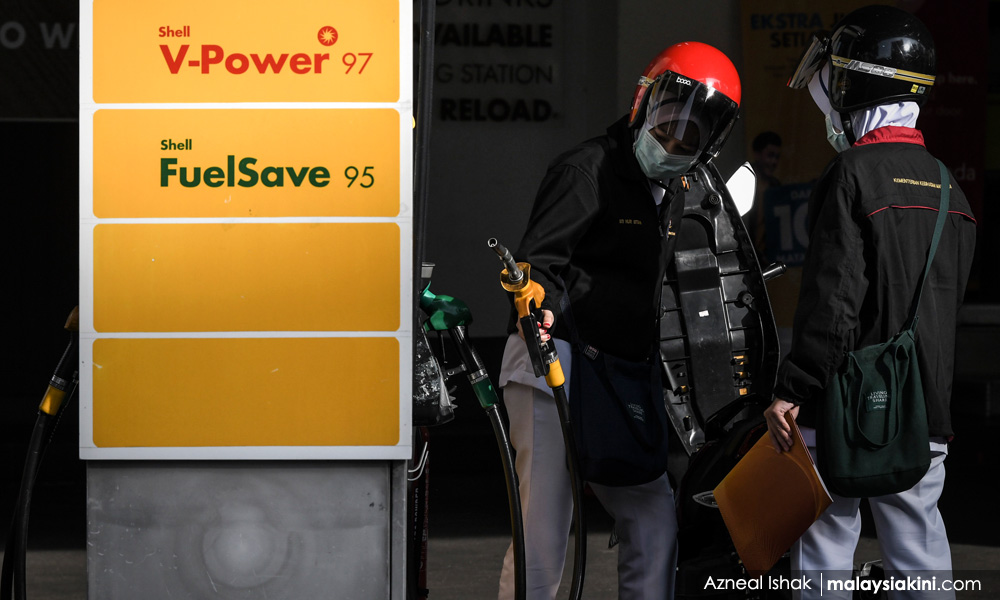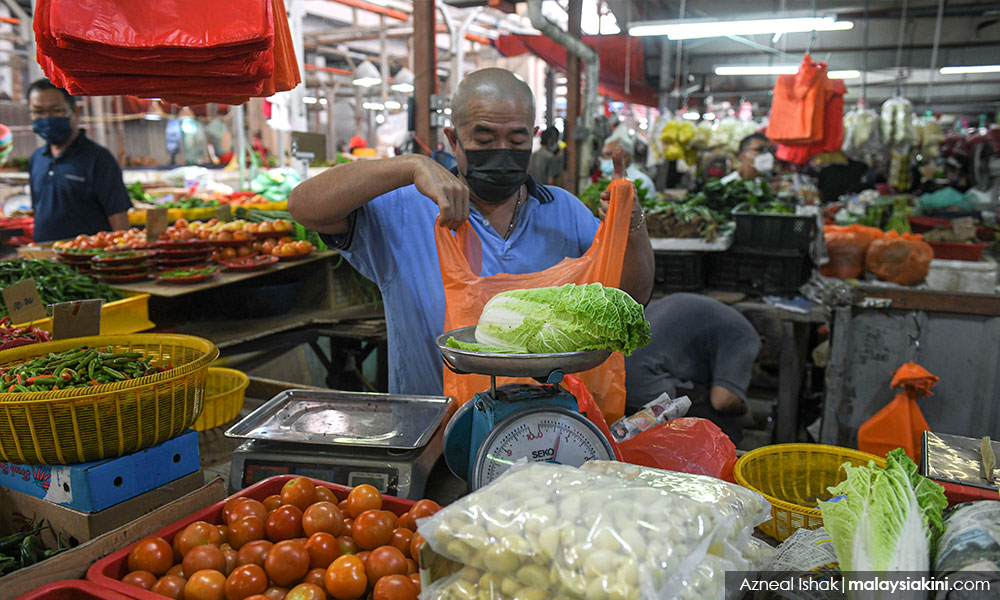ADUN SPEAKS | In view of the government’s plan to review the current fuel subsidy mechanism, I urge the Finance Ministry (MOF) as well as other relevant ministries and agencies not to change or even terminate the fuel subsidy only for the sake of reducing government spending.
Such a major policy change might send shockwaves through the market and society.
Finance Minister Tengku Zafrul Abdul Aziz recently announced in Parliament that following the spike of world crude oil prices, the government had to cover a significant increase in subsidies up to 10 times, increasing from RM200 million for January 2021 to more than RM2 billion for January 2022. As such, the government will review the subsidy mechanism to be more targeted towards aiding the vulnerable groups.
Judging from the MOF’s statement, it appears that the government’s main purpose in reviewing the fuel subsidy is to reduce its spending.
The government might provide some extra subsidies to the vulnerable groups to call it a day, yet has no intention to study the potential impacts that the major policy change will bring about to the market.
The core principle of implementing the fuel subsidy is not about subsidising consumers but rather stabilising the prices in the market.
More importantly, the fuel subsidy mechanism is crucial in stabilising the raw material market, in particular, the food market that is directly impacted by oil prices. This is to avoid raising inflation that will bring about far-reaching and huge impacts across all economic sectors and reduce the consumers’ purchasing power.

Within the fuel subsidy mechanism in Malaysia, the government also provides diesel subsidies apart from the RON95 subsidies that most consumers are familiar with. This is because diesel is the main fuel used by the transportation sector.
Moreover, natural gas is the main key component in producing nitrogen fertilisers. Towards the end of last year, many major international newspapers reported that due to the skyrocketing natural gas prices, the profits of the chemical fertiliser industry also declined.
Hence, the producers have to cut down the production of nitrogen, causing chemical fertiliser shortages. In the future, the situation might exacerbate and lead to a chemical fertiliser shortage and significantly higher agricultural costs.
Worse still, despite the fact that Malaysia is an oil producer, our country does not have a well-developed downstream sector. Hence, Malaysia has to import chemical fertiliser, the price of which is always affected by the international market.
For those who are interested or involved in agriculture, they can always hear farmers complain that the recent chemical fertiliser prices have increased dramatically, causing a spike in agricultural costs that burdens the farmers.
Following the increasing costs of food production, the market prices of vegetables and fruits will certainly go up. In the end, all consumers will have to bear the brunt of high food prices.
'When one sneezes, another catches a cold'
At the same time, the government must keep a close eye on the ever-changing international development. Russia and Ukraine are important international food exporters, yet the devastating war has disrupted the global commodity markets.
The global oil benchmarks surged above US$100 a barrel for the first time since 2014, and Brent crude oil price even surged to US$130 a few days ago.
Furthermore, given that the international community has imposed various economic sanctions against Russia, the risk of trade routes disruptions has greatly increased. It has further led to increasing costs of logistics and its insurance, and thus the spike of chemical fertilisers and food prices as a whole.
When one sneezes, another catches a cold. If the government recklessly reviews or even terminates the fuel subsidy mechanism, it is foreseeable that the costs in the agricultural sector and food production sector will increase dramatically.

Also, the chemical fertiliser prices will spiral up, the cost of transporting fresh vegetables and fruits will also go up. In the end, the country will face high inflation, greatly reducing people’s purchasing power and potentially leading to more social problems.
Although many countries around the world and leading researchers are studying to review fuel subsidies, various global and local economic and social factors have to be comprehensively taken into account.
Apart from aiding the vulnerable groups, the government is also urged to spend the money saved from subsidies to support various strategic economic sectors, including developing sustainable agriculture, to adopt a long-term and strategic approach to development.
All in all, reforming the fuel subsidy mechanism must be carefully deliberated and supported by comprehensive research. Given the current chaotic international landscape, the government must not recklessly review fuel subsidies merely for the sake of cutting its spending.
On the other hand, implementing impetuous decisions will potentially send shockwaves through the market, cause a spike in the prices of food and other products, increase our inflation rate, and ultimately reduce the consumer’s purchasing power. - Mkini
CHIONG YOKE KONG Tanah Rata state assemblyperson and DAP Youth deputy chief.
The views expressed here are those of the author/contributor and do not necessarily represent the views of MMKtT.




No comments:
Post a Comment
Note: Only a member of this blog may post a comment.